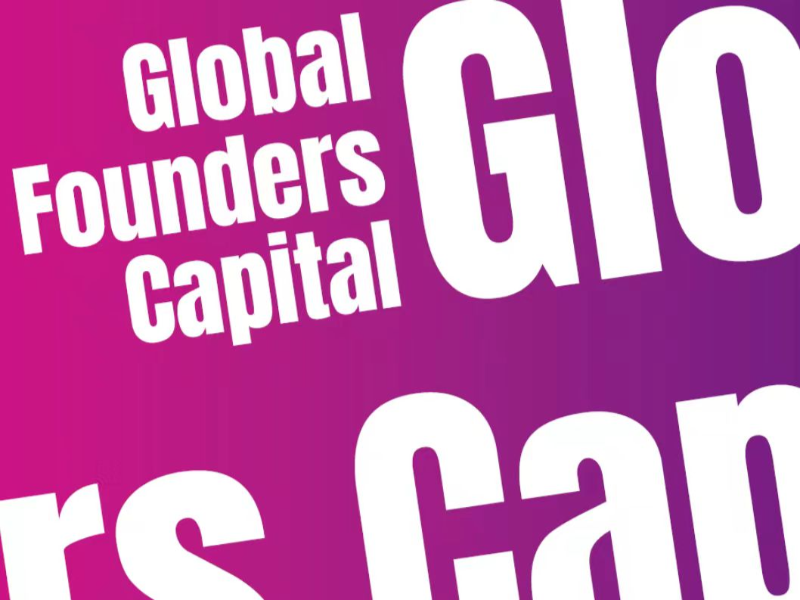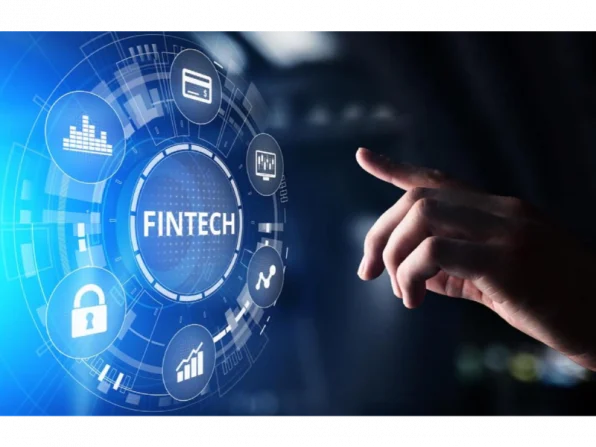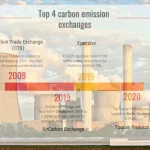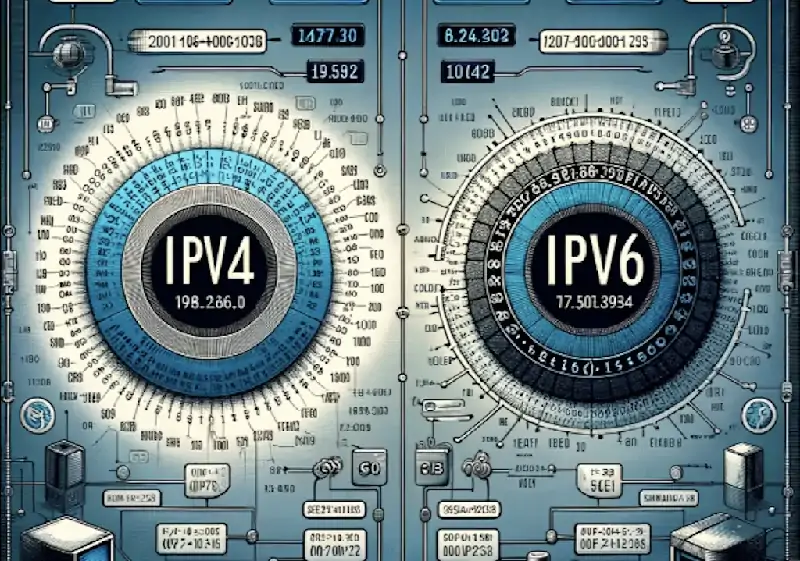- Global Founders Capital (GFC) is a global venture capital firm founded by the Samwer brothers. The fund is known for its unique investment strategy and broad portfolio, which is dedicated to supporting innovative technology companies on a global scale.
- GFC manages billions of dollars. Funds are sourced primarily from investors around the world, including private investors, family offices, pension funds and other institutional investors.
- GFC tends to invest in a wide range of sectors, including health, education, infrastructure, energy and financial services, to diversify risk and maximise impact on economic development.GFC focuses on investments that deliver positive social and environmental impact.
Global Founders Capital (GFC) is a venture capital firm focused on the business of the internet, supporting the development of innovative technology ventures around the world. The fund is co-founded by the Samwer brothers to work with innovative entrepreneurs in the areas of e-commerce, digital marketplaces, and software-as-a-service (SaaS).
Also read: Perplexity’s ongoing fundraising spree
What is GFC?
Global Founders Capital (GFC) is a global venture capital firm founded by the Samwer brothers, renowned German entrepreneurs. It aims to support technology innovators around the world. The goal of the fund is to provide capital support to help these companies grow from inception to maturity.
GFC invests from seed to Series B and beyond across a broad range of industries, including fintech, data analytics, machine learning, social media and e-commerce. GFC has an extensive portfolio of investments globally, including well-known companies such as Delivery Hero, Revolut and Zalando.
The fund also invests in startups supporting emerging sectors such as environmental and energy technologies, health technologies, and artificial intelligence. GFC’s investment philosophy emphasises building long-term relationships with entrepreneurs and facilitating rapid growth and market expansion through the provision of financial support and strategic guidance.
Also read: Sam Altman quits OpenAI venture fund under new structure

Total funds
GFC manages billions of dollars. The fund continues to scale its investments through different series of capital raisings. Each capital-raising round attracts institutional investors from around the world, including pension funds, university endowments, private wealth funds and other venture capital funds.
Source of funds
The GFC’s funding sources are diverse and international. Initially launched by the co-founders of Rocket Internet, brothers Oliver and Marc Samwer, who leveraged their extensive network of contacts and successes in the internet and technology sectors to attract a series of initial investors to the GFC. These investors include individual investors, family funds, and institutional investors brought in by the business relationships they have developed in the course of creating Rocket Internet.
As the fund becomes established and operational, GFC gradually demonstrates its ability to support startups on a global scale, which further attracts additional institutional investors. These institutional investors include not only traditional venture capital funds, but also large asset managers, pension funds, and even sovereign wealth funds in some countries. Through such a capital structure, GFC can obtain stable and strong financial support, which enables it to carry out a wide range of investment activities on a global scale.
GFC also actively co-operates with other investors and funds and participates in some large-scale or strategic investment projects together through cooperative investment. This strategy not only strengthens GFC’s financial strength but also expands its market reach and business coverage, enabling it to play a more important role in the global entrepreneurial ecosystem.
Use of funds
GFC funds are used to support a wide range of important development programmes around the world. For example, healthcare projects such as combating AIDS, tuberculosis and malaria. To help small and medium-sized enterprises (SMEs) in developing countries through the provision of loans, equity investments and other financial instruments, thereby contributing to economic growth and poverty reduction.
GFC funds finance environmental protection projects, such as sustainable forestry, clean energy and water resource management, to combat climate change and protect natural resources. GFC enhances labour market competitiveness and improves the quality and accessibility of education in developing countries by providing vocational skills training.
To promote economic development and improve the quality of life, GFC funds are invested in infrastructure projects such as transport, communications and public services. GFC funds pay special attention to women’s economic participation and advancement of their rights, financing relevant projects and initiatives to promote gender equality.
Investment strategy
GFC’s investment strategy focuses on identifying companies with long-term growth potential. They prioritise companies that can disrupt existing markets through innovative technologies or business models. GFC selects investments not only for financial returns but also for the social impact of the business. They do this by working closely with entrepreneurs to address growth challenges to ensure that each investment realises its potential maximum value.
The large size of the fund provides GFC with strategic flexibility in the global investment market. The fund’s ability to quickly adjust to market conditions and investment opportunities is a tremendous advantage in an ever-changing global economic environment. Whether facing economic volatility or market change, the GFC has sufficient capital reserves to maintain its steady investment pace and sustained growth momentum.
Funds management team
GFC’s capital management team includes senior management, such as the Chief Executive Officer (CEO) and Chief Financial Officer (CFO), who are responsible for setting overall strategy, leading the direction of the company and making key decisions.
Investment managers are responsible for a portfolio of investments in a specific region or industry, conducting market analyses, project screening and making investment decisions, requiring deep industry knowledge and market insights.
The risk management team is responsible for assessing and managing investment risks, ensuring that all investments are in line with the company’s risk appetite and policies. The operations and logistical support team includes finance, human resources and administrative staff responsible for day-to-day operations, fund flows and compliance matters.
The legal and compliance department ensures that all investment activities comply with international laws and regional regulations, and handles legal matters and compliance checks. The marketing and PR (personal resource) department is responsible for communicating with investors, marketing and maintaining the company’s image.
The technical support team plays an important role in analysing data, monitoring market dynamics and supporting the decision-making process.
The structure and functions of the entire team are designed to maintain transparency and efficiency in the management of funds while achieving strategic objectives and social responsibility. These team members need to be highly professional and disciplined in selecting and managing projects to ensure the best use of funds and maximise return on investment.









